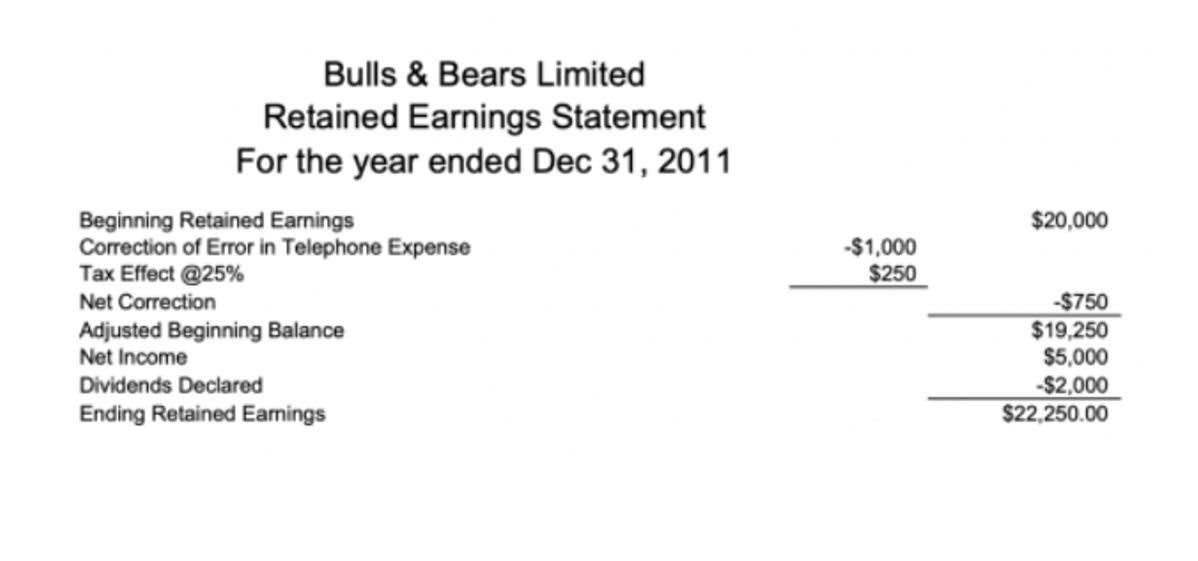
The CRA should be stating it has a “fundamental belief” in the importance of taxpayer rights. The Taxpayer Bill of Rights describes the treatment clients are entitled to when they deal with the Canada Revenue Agency (CRA). The CRA operates on the fundamental belief that clients are more likely to comply with the law if they have the information and other services http://ilovemichiganmusic.com/2021/01/22/quick-guide-to-current-assets-formula-with-example/ that they need to meet their tax obligations, receive all of their benefits entitlements and understand and can exercise their rights. Clients can expect that the CRA will serve them with high standards of accuracy, professionalism, courteousness, and fairness. The Taxpayer Bill of Rights also sets out the CRA Commitment to Small Business to ensure their interactions with the CRA are conducted as efficiently and effectively as possible.

Colorado amendment
- The Taxpayer Bill of Rights is the 10 rights all taxpayers have any time they interact with the IRS.
- The agency must take action against any employee or tax preparer who wrongfully uses or discloses your return information.
- When planning to navigate your rights as a taxpayer in your state and county, it’s a good idea to get in touch with a professional.
- If we propose any changes to your tax return, it is important that you understand the reason for the changes.
It is in the Foundation Framework that the CRA could start with the requirement to assess every product, program, workflow, etc., through the lens of taxpayer rights. The ITAM does have a chapter titled “Objections and Appeals.” Therefore, one would expect to find more detailed information in this chapter about the fact taxpayers have the right to a formal review and a subsequent appeal, and how auditors can practically apply it in their daily duties. However, in the “Objections and Appeals” chapter, the focus is more on the technical aspects such as time periods, how to file a notice of objection, and time limits for filing a notice of appeal with the Tax Court of Canada. On the face of it, it appears the taxpayer receives the right to appeal Travel Agency Accounting regarding the auditor’s recommendation on the new information because the appeals officer reviews it and makes a decision. However, there is nothing stating the appeals officer is to provide the taxpayer or their representative the opportunity to speak to the auditor’s recommendation. In the normal course of filing an objection or appeal, the taxpayer would be able to speak to each of the auditor’s decisions.
How to File Back Taxes and Manage Owing the IRS
- Noncompliance can increase your tax liability or delay or reduce any tax refund.
- In reviewing program-specific manuals, the CRA either does not make any linkages, or does not make clear linkages, between employee conduct and taxpayer rights.
- However, taxpayers should note that interest will accumulate during this period of time, and the CRA can take collection action even where an objection or an appeal has been sent.
- It is a collection of 16 rights, which includes a mix of statutory and common law rights, and administrative entitlements.
- The homepage of the CRA’s internal website, InfoZone, does not contain a hyperlink to the Taxpayer Bill of Rights or a hyperlink to any information on it.
- If this happens to you, please write to us and tell us why you think we made an error.
This included an assessment template, an online course, multiple learning videos, and a step-by-step guide that challenges employees to check values and assumptions, gather information and consider stakeholder perspectives. In our preliminary findings provided to the Minister of National Revenue, we also provided the Income Tax Audit Manual (ITAM) as an example of where the CRA could make better linkages between employee contact and taxpayer rights. Taxpayers have the right to expect an auditor will behave in a professional and fair manner while conducting the audit; therefore, we see a clear opportunity to insert and reinforce taxpayers’ rights in this manual. In reviewing program-specific manuals, the CRA either does not make any linkages, or does not make clear linkages, between employee conduct and taxpayer rights.

Understanding the Latest Federal and State Tax Laws Affecting Businesses

If your tax return was timely filed including extensions, and if we do not send you a notice within 36 months from the date you file your tax return or the date your tax return was due (without regard to extensions), whichever is later, then we must suspend interest and certain penalties. We must also suspend interest on amended tax returns you file if we have not previously notified you of the additional tax. The suspension begins at the end of the 36 months and ends 15 days after we provide you with a notice. If you filed an amended tax return, the suspension period begins 36 months after you file the amended tax return. If the assessment is based on Internal Revenue Service changes to your tax liability, the suspension period begins either one or two years after receipt of the federal information depending on when FTB received the information.
- Your information is protected unless you choose to disclose it (or in cases where disclosure is required by law).
- There is nothing in the “Objections and Appeals” chapter stating taxpayers have the right to an objection or appeal.
- It should, however, be vigorous in requiring compliance with law and it should be relentless in its attack on unreal tax devices and fraud.
- The CRA must regularly publish its service standards and report on its performance to maintain transparency.
- Critics also point to the drop in spending on both K-12 and higher education.
- The Taxpayer Bill of Rights is a cornerstone document that highlights the 10 fundamental rights taxpayers have when dealing with the Internal Revenue Service.
- If you appeal to a higher court, you will be able to provide equivalent security instead of paying those disputed amounts.
The Taxpayer Bill of Rights states that taxpayers can object to any formal action the IRS takes, and expect the IRS to respond in a timely manner. Taxpayers can challenge the IRS on their position and, if they have the evidence and documentation to prove it, argue against the IRS’s actions. In 2014, the IRS began adopting a ten-point charter considered to be a reaffirmation of existing rights already written into the Internal Revenue Code. These act more as a show of commitment by the IRS to the people, or more taxpayer bill of rights clearly, serve to help taxpayers understand their existing rights when confronted with a payment demand, an audit, an assessment, or any other action by the IRS.

Laisser un commentaire